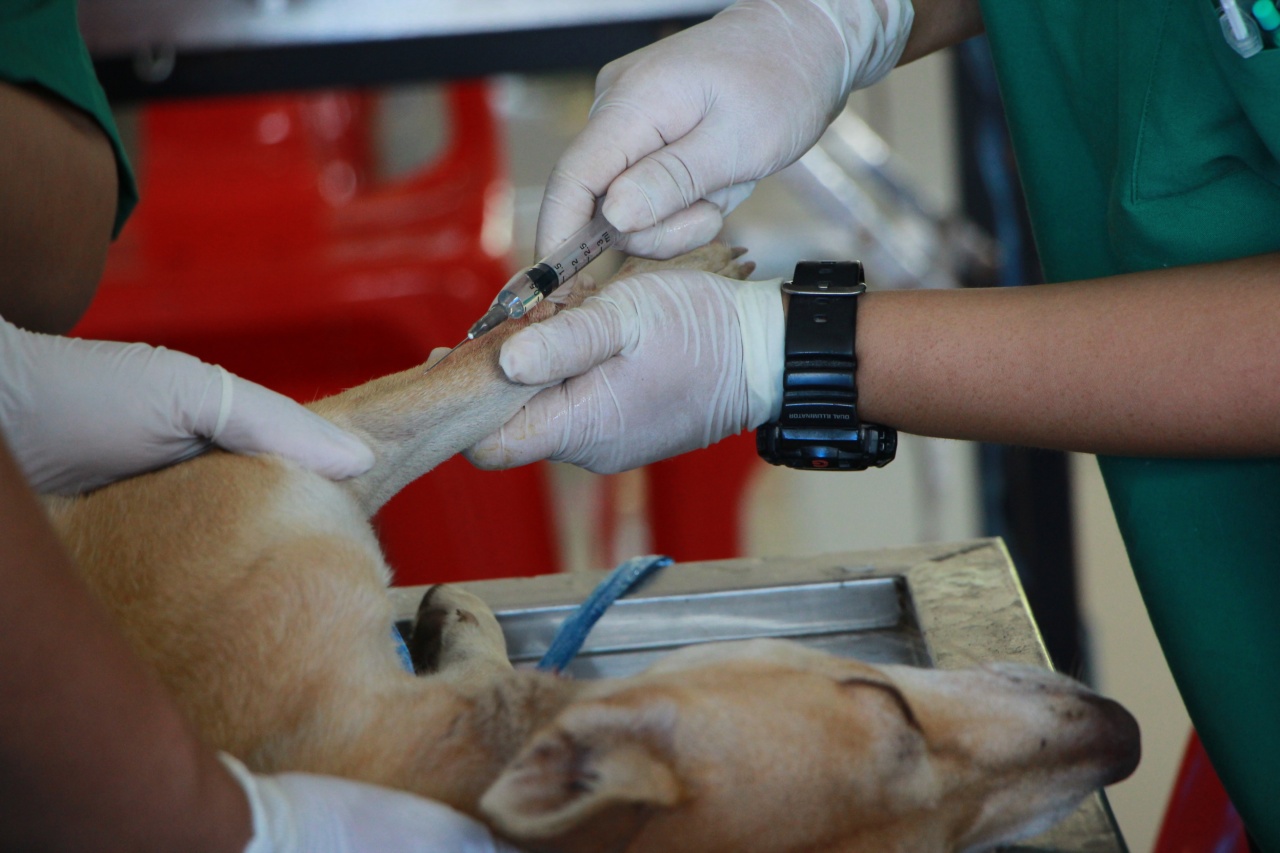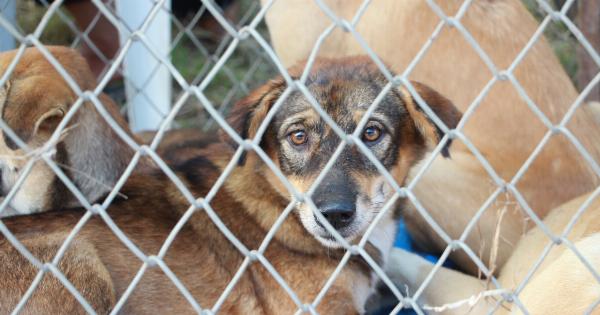Dogs have long been regarded as man’s best friend. Their loyalty, companionship, and affectionate nature make them beloved members of countless households around the world.
However, these cherished pets are facing a dire condition that threatens their lives. It is essential to recognize the urgency of the situation and provide prompt treatment to ensure their well-being.
This article aims to shed light on the current plight of dogs and emphasize the immediate actions required to address their health crisis.
1. Canine Diseases on the Rise
Dogs are increasingly vulnerable to various diseases, both acute and chronic. The prevalence of conditions such as parvovirus, distemper, leptospirosis, and heartworm has surged in recent years.
These diseases not only cause immense suffering to dogs but can also be fatal if left untreated. It is critical for dog owners and caretakers to educate themselves about these illnesses, their symptoms, and the importance of early detection and treatment.
2. Neglect and Abandonment
Another significant factor contributing to the dire condition facing dog lives is neglect and abandonment. Many dogs are left on the streets or in overcrowded shelters, devoid of proper care, nutrition, and medical attention.
This lack of support exposes them to numerous health risks and deprives them of the love and care they deserve. Overcrowded shelters struggle to provide even the most basic care, further exacerbating the problem.
3. Proliferation of Puppy Mills
The proliferation of puppy mills is a pressing concern that cannot be ignored. These commercial breeding facilities prioritize profit over the welfare of dogs, subjecting them to deplorable conditions.
Puppies born in these mills often suffer from genetic disorders, infections, and behavioral issues due to irresponsible breeding practices. The inhumane treatment endured by breeding dogs also has lasting physical and psychological effects. Strict regulations and stronger enforcement are necessary to combat this detrimental industry.
4. Lack of Accessible Veterinary Care
Accessible and affordable veterinary care is crucial for maintaining the health and well-being of dogs. However, for many pet owners, especially in underprivileged communities, the cost of veterinary services can be a significant barrier.
This lack of access leads to preventable diseases going untreated and worsens the overall health condition of dogs. Governments, animal welfare organizations, and communities should work together to develop programs that provide affordable veterinary services to all.
5. Importance of Spaying and Neutering
Spaying and neutering dogs not only addresses the issue of overpopulation but also benefits the individual animals’ health.
These procedures help prevent uterine infections and certain types of cancer in female dogs, while in males, they reduce the risk of testicular cancer and prostate problems. Additionally, spaying and neutering can significantly decrease behavioral issues such as aggression and roaming tendencies. Promoting and facilitating spaying/neutering initiatives is vital for ensuring the overall well-being of dogs.
6. Abusive Practices
Unfortunately, abusive practices towards dogs continue to exist, posing a significant threat to their lives.
Whether it is physical abuse, neglect, or dogfighting, these inhumane acts not only cause immense suffering but can also lead to fatal injuries and psychological trauma. Law enforcement agencies must take strict action against individuals involved in such cruelty, and public awareness campaigns should educate society about responsible pet ownership and the ethical treatment of animals.
7. Education and Responsible Ownership
Education plays a pivotal role in improving the condition of dogs and ensuring their welfare.
Teaching individuals about responsible pet ownership, proper nutrition, exercise, and regular veterinarian check-ups can significantly enhance the overall quality of life for dogs. Moreover, educating children about empathy, compassion, and the significance of treating animals with kindness fosters a future generation of responsible and caring pet owners.
8. Support for Animal Welfare Organizations
Animal welfare organizations play a vital role in rescuing, rehabilitating, and rehoming dogs in need. These organizations often work tirelessly with limited resources and funding to provide medical care, food, and shelter to abandoned and abused dogs.
Supporting these organizations through donations, volunteering, or promoting their initiatives can help alleviate the dire condition faced by countless dogs.
9. Importance of Community Involvement
Addressing the challenges faced by dogs requires the active involvement of communities. Organizing adoption drives, spay/neuter clinics, and awareness campaigns can help mitigate the problems of overpopulation and neglect.
By working together and creating a supportive network, communities can make a significant difference in improving the lives of dogs.
10. Adoption and Foster Programs
Adoption and foster programs provide a lifeline for dogs desperate for a loving home. Shelters and rescue organizations actively promote the adoption of dogs, emphasizing the numerous benefits of giving a second chance to a deserving companion.
By adopting or fostering a dog, individuals not only enrich their own lives but also contribute to breaking the cycle of neglect and abandonment.
Conclusion
The dire condition threatening dog lives demands urgent attention and action from all levels of society.
Canine diseases, neglect, puppy mills, lack of access to veterinary care, abusive practices, and limited education are all contributing factors that need immediate intervention. By promoting responsible pet ownership, supporting animal welfare organizations, and prioritizing accessible healthcare, we can work towards ensuring the well-being and happiness of our beloved canine friends.
Together, we can make a difference and save countless dog lives.































